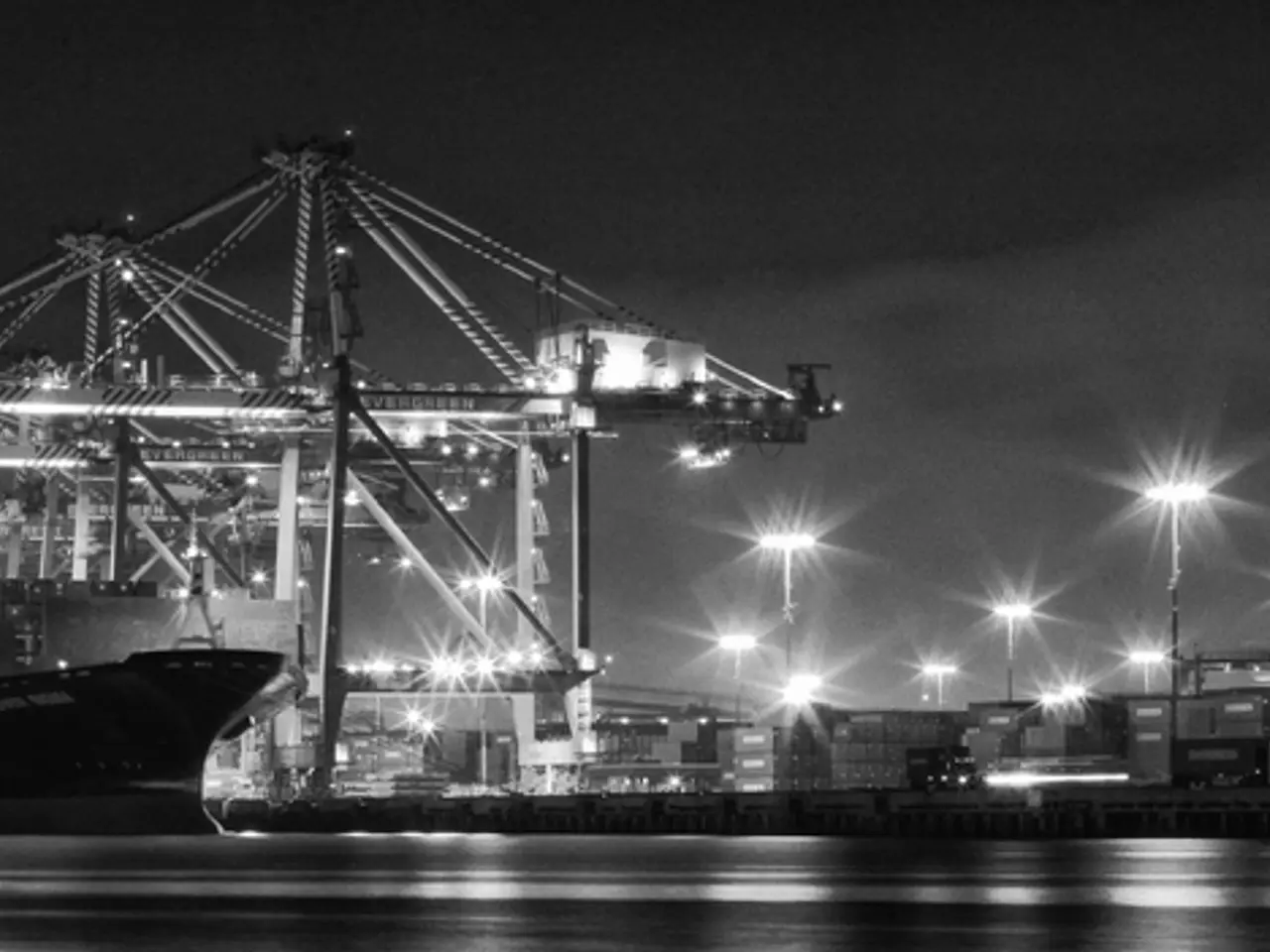"OceanGate's Titan Submarine Collapses Unexpectedly: The Truth Unveiled Reveals a More Grim Scenario"
In a shocking turn of events, the US Coast Guard Marine Board of Investigation has made 17 specific safety recommendations to prevent similar tragedies in deep-sea submersible operations following the Titan incident in June 2023. The Titan submersible, operated by OceanGate, imploded during a dive, resulting in the loss of five lives.
The tragedy was found to be "entirely preventable" by the US Coast Guard Marine Board. The investigation highlighted several shortcomings, including inadequate design certification, poor maintenance, failure to investigate hull anomalies, and lack of experienced personnel, among others.
The Board's recommendations aim to create and enforce a robust regulatory framework with clear safety standards, mandatory inspections, and transparent operational requirements. Key recommendations include:
- Restricting classification of oceanographic research vessel designations to submersibles only meeting rigorous safety standards.
- Expanding federal and international regulatory requirements to cover all submersibles conducting scientific or commercial dives, closing existing regulatory gaps.
- Requiring operators to submit detailed dive plans and emergency response procedures to the local Coast Guard officers responsible for marine safety oversight.
- Enhancing third-party oversight and regular inspection protocols, especially for vessels using novel or composite materials in hull construction.
- Strengthening coordination among multiple federal agencies to ensure comprehensive oversight of submersible safety and operations.
- Closing international maritime policy gaps relating to submersible operations to ensure consistent global standards.
The Titan had already suffered "irreversible damage" in 2022 during a dive, when it became stuck in the Titanic wreckage. The carbon fiber composite material used in its hull design had no proven track record under extreme compressive forces found at ocean depths.
OceanGate, the company operating the Titan, never filled the position of Director of Safety, and Stockton Rush, the CEO, assumed multiple roles, including CEO, chief pilot, and safety officer. Internal documents show the company used mission specialist funds to cover operational costs immediately, creating financial pressure to proceed with dives even under questionable conditions.
Moreover, there was "little or no training" provided to passengers, despite their involvement in tasks like sealing the sub's forward dome. Three of the five victims paid between $150,000 and $250,000 each for the trip.
The investigation also revealed a "toxic workplace culture" where engineers and safety personnel were often dismissed or sidelined for raising valid concerns. OceanGate employees were asked to forgo their salaries in 2023 as the company struggled financially.
The waiver signed by passengers mentioned death nine times and was only explained in full after arrival. The vessel's structure was compromised during multiple dives before its final mission in June 2023, and critical maintenance tasks were either delayed or ignored altogether.
The investigation strongly criticized the CEO's misrepresentation of safety and failures in following established protocols. The report emphasized that the tragedy was preventable with proper oversight.
In response to the recommendations, the US Coast Guard is expected to propose new federal rules that would require all submersibles operating in US waters to follow uniform safety and certification standards. These include stronger communication systems, third-party testing of pressure vessels, and clearly defined safety roles within companies.
As we move forward, it is crucial that the deep-sea submersible industry learns from this tragic incident and implements the necessary changes to ensure the safety of all involved in these exciting and groundbreaking explorations.
The report underscores the need for enhanced technology in the deep-sea submersible industry, specifically in the realm of designing and testing materials under extreme conditions, as the carbon fiber composite material used in the Titan had no proven track record under extreme compressive forces found at ocean depths.
The US Coast Guard's new regulations, aimed at improving safety standards, will mandate stronger communication systems and third-party testing of pressure vessels – technological advancements that could potentially prevent similar tragedies in the future.




